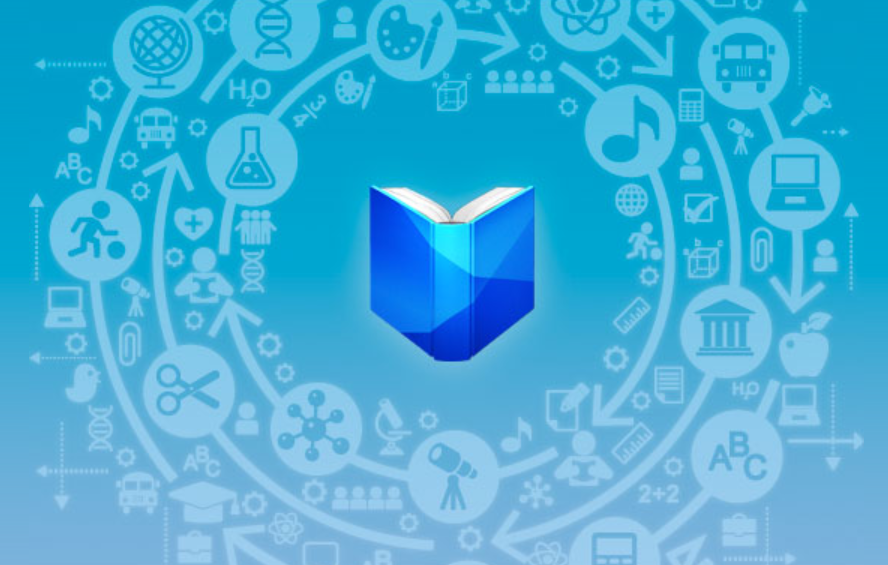Google Finally Gets Legal OK to Scan the World’s Books
In 2002, a 29-year-old computer scientist and entrepreneur in California named Larry Page decided that his young company, Google, should digitize every book in the world to make them searchable. Page asked an employee named Marissa Mayer to help test the idea by turning pages to the beat of a metronome as he snapped digital photos.

Results were good, and the project went public late in 2004. High profile partners such as New York Public Library and the libraries of Oxford and Harvard universities signed on. But in 2005 a series of legal challenges began that accused the company of copyright infringement and soon paralyzed the project. Last year, MIT Technology Review looked back at the effort and declared: “A decade after it began, Page’s bold project has stalled.”
Today Page’s bold project is back on track, after a federal judge in New York ruled that the effort is covered by “fair use” exceptions to copyright restrictions:
“In my view, Google Books provides significant public benefits. It advances the progress of the arts and sciences … without adversely impacting the rights of copyright holders.”
That vindicates Google’s approach to copyrighted works, which is to scan them in full but only show short excerpts in search results, along with directions to where the full text can be accessed or paid for.
Google has yet to issue a statement on today’s judgment. Whatever the company does next, the task of a competing project launched by Harvard University’s Berkman Center for Internet & Society is now more complicated. Known as the Digital Public Library of America, the effort has attracted major backers but struggled to define what exactly it will offer and in which form (see “The Library of Utopia”).
Perhaps the clearest winner today is the now somewhat dusty utopian belief that the Web should be used to open up access to the entirety of our civilization’s knowledge. As the reaction of New York University academic and Internet intellectual Clay Shirky highlights, this ruling affects more than just Google.
This just in: Search engines are legal http://t.co/HoW7Yv5QX0
— Clay Shirky (@cshirky) November 14, 2013
Any U.S. company or organization is now free to make exploring the world’s books as easy as typing in a search box.
Keep Reading
Most Popular
Large language models can do jaw-dropping things. But nobody knows exactly why.
And that's a problem. Figuring it out is one of the biggest scientific puzzles of our time and a crucial step towards controlling more powerful future models.
The problem with plug-in hybrids? Their drivers.
Plug-in hybrids are often sold as a transition to EVs, but new data from Europe shows we’re still underestimating the emissions they produce.
Google DeepMind’s new generative model makes Super Mario–like games from scratch
Genie learns how to control games by watching hours and hours of video. It could help train next-gen robots too.
How scientists traced a mysterious covid case back to six toilets
When wastewater surveillance turns into a hunt for a single infected individual, the ethics get tricky.
Stay connected
Get the latest updates from
MIT Technology Review
Discover special offers, top stories, upcoming events, and more.